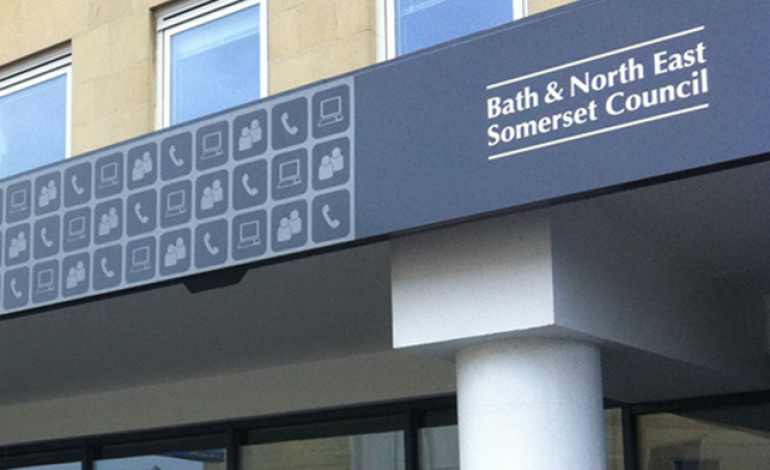Councillors will meet this week to discuss the proposed devolution deal that is offering to boost the West of England economy with over £1 billion worth of investment.

At a Council meeting taking place this Thursday, Councillors will receive an update report on the devolution proposals.
Whilst no decision will be taken at this meeting on whether or not to accept the devolution deal, councillors will be able to give their views on the proposals and provide feedback that could help inform any further discussions with Government.
The devolution package negotiated by the West of England authorities, together with the Local Enterprise Partnership, represents the highest investment per head of population of any devolution deal in the UK.
In addition to the £1 billion of investment, the deal would also result in additional powers over transport, skills and housing being handed down from the Government to the West of England area.
Councillor Tim Warren (Conservative, Mendip), Leader of Bath & North East Somerset Council and Chairman of the West of England Strategic Leaders Board, said: “This deal, if agreed by the Councils, would unlock £1 billion of investment in the West of England over a 30 year period, funding which could be used to support much-needed infrastructure improvements throughout our area.
“Not only does this represent the best financial deal in the country per head of population, it would also mean that additional powers over public transport, adult education and planning would be handed down to the West of England by Government.”
Councillor Warren added: “As part of our discussions with Government, we have secured a number of safeguards that would protect the autonomy of each constituent council, including protection of council assets, responsibility for local services, and a veto over planning matters.
“However, despite these safeguards, I know that certain aspects of this deal remain a cause of concern to some councillors, in particular the governance arrangements that would oversee these additional responsibilities.
“The meeting this Thursday will therefore give all councillors the chance to give their feedback on these proposals at an early stage, before a final decision has to be taken on whether or not to accept the devolution proposals.
“Whatever councillors ultimately decide, I will continue to fight for the best deal possible for our area.”
Devolution proposals fact-file:
- The deal would secure £900 million of investment over 30 years, with the potential to leverage in additional funds, such as transport funding linked to the emerging Joint Transport Plan. It is therefore expected to be worth over £1 billion initially with the potential for additional financial benefits in future.
- At £815 per person, the West of England deal represents by far the biggest devolution deal per head of population of any negotiated in the country.
- The deal sets out how the new funding and responsibilities would be overseen by a combined authority led by the leaders of the councils, the Mayor of Bristol, and a directly elected West of England Mayor who would work with member councils to agree strategic priorities.
- The proposals would not mean the merger of any councils or a return to an ‘Avon County Council’. All powers exercised by the West of England authority would be those currently held by central government – the autonomy of each council would be maintained and protected with no impact upon any powers, responsibilities or assets currently held by the member authorities.
- It is proposed that the deal would build upon the existing successful joint working arrangements in the West of England, which is the most productive city region outside of London. The four councils have already secured more than £700 million for the area through the Local Growth Deal and City Deal, which has supported large scale projects in Bath and North East Somerset including the Bath City Riverside.
- If the deal goes forward, there would be a period of consultation with the public on the technical details of the scheme on behalf of the Secretary of State, giving the public the opportunity to express their views.



